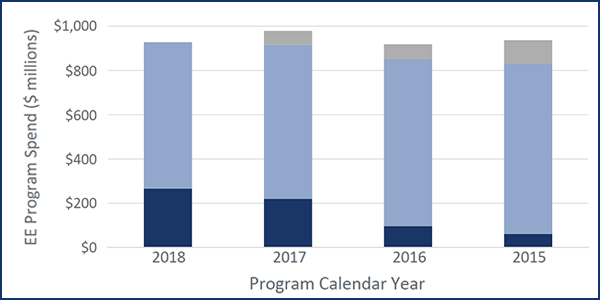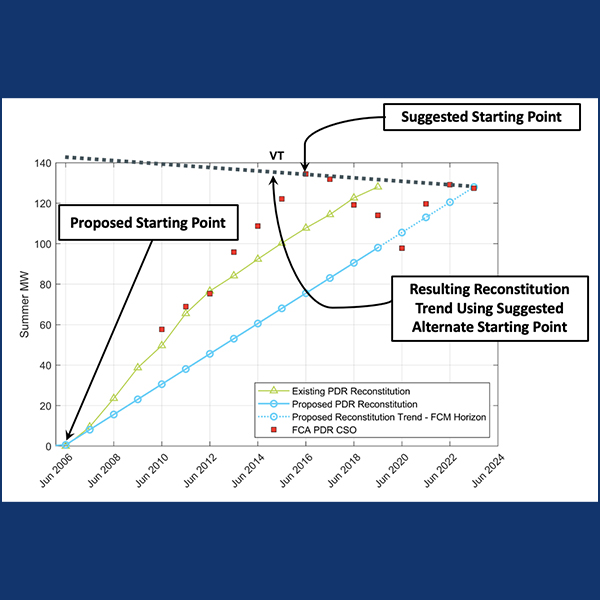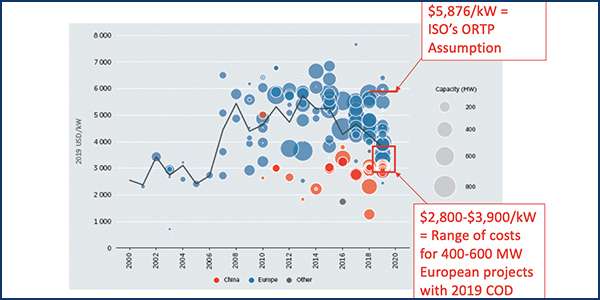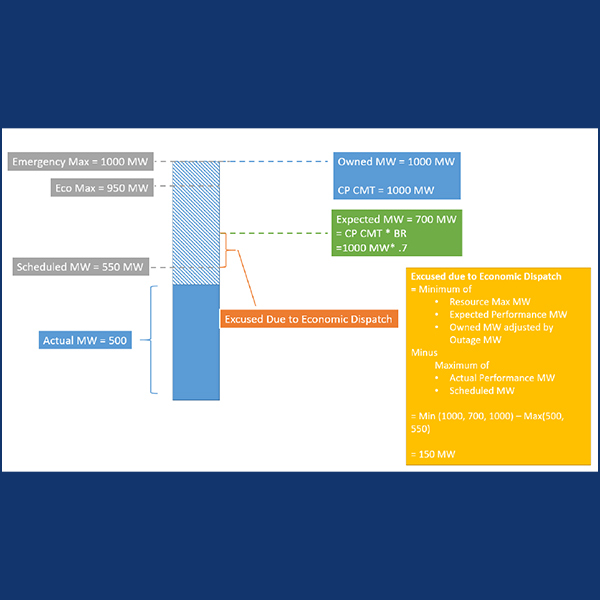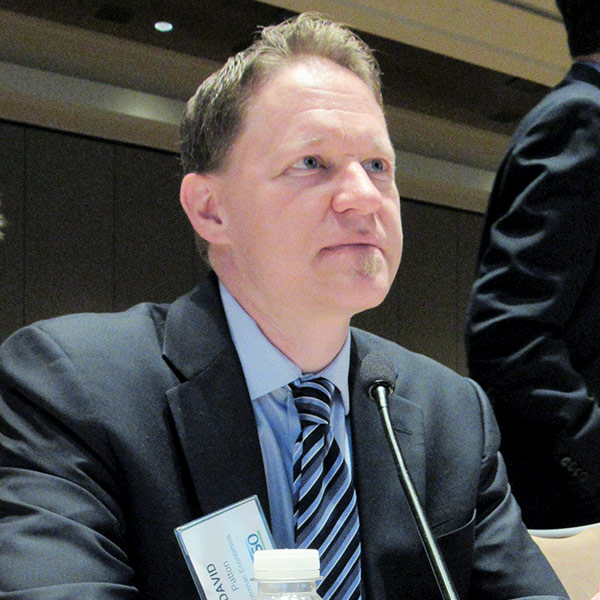Demand Response
The NEPOOL Committee approved a change to how ISO-NE accounts for energy efficiency in its gross load forecast reconstitution methodology.
Smart building design can play a central role in California’s drive to decarbonize, according to a panel convened by the Energy Commission.
CAISO presented its final proposal of its effort to make it easier for energy storage and distributed energy resources to participate in markets.
ISO-NE told stakeholders it will file a rule change with FERC to eliminate capacity performance payments from energy efficiency resources.
MISO said it will begin hunting for solutions to mitigate the gap between LMRs that clear capacity auctions and what actually happens in emergencies.
The New England Power Pool Reliability Committee narrowly approved changes to ISO-NE’s gross load forecast reconstitution methodology.
The NEPOOL Markets Committee devoted the bulk of its meeting to debating changes to inputs and assumptions that will govern FCA 16 in February 2022.
FERC approved MISO’s request for a one-time waiver giving market participants the opportunity to replace load-modifying resources affected by the pandemic.
The PJM MIC endorsed the sunsetting of a longstanding subcommittee on intermittent resources and accepted the charter of a new committee.
MISO’s Monitor issued five new recommendations in its annual State of the Market report, focusing on seams and efficient use of the transmission system.
Want more? Advanced Search

